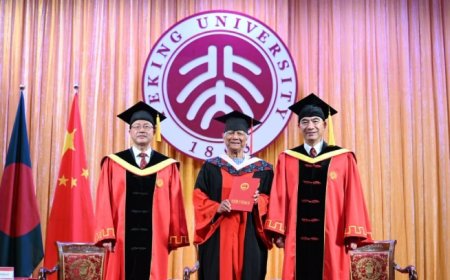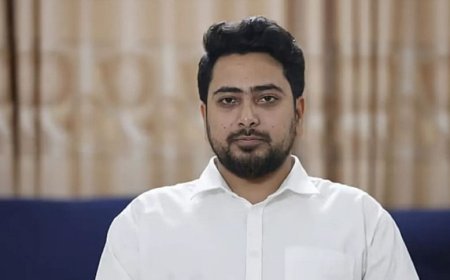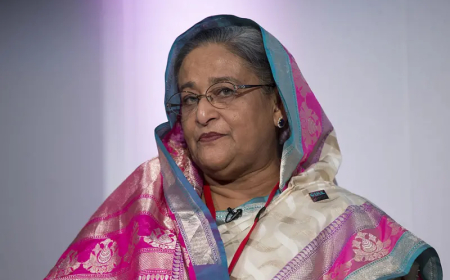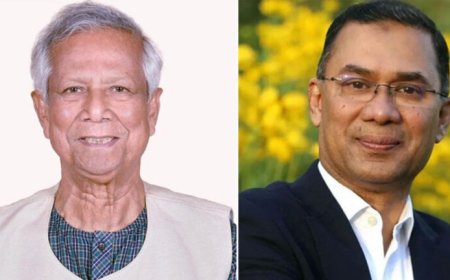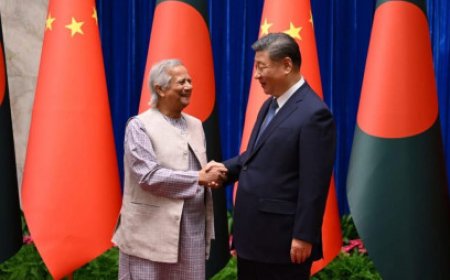Supreme Court leans toward upholding law that could ban TikTok
The court heard oral arguments on TikTok’s bid to block a law that would lead to its ban in the U.S. starting Jan. 19 if it isn’t sold by its Chinese owner.
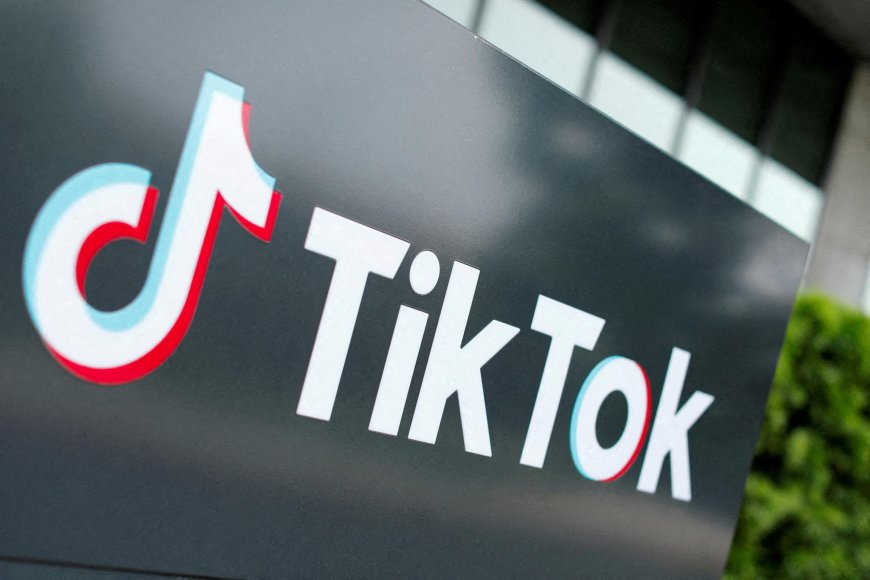
By Lawrence Hurley and Kat Tenbarge
WASHINGTON — The Supreme Court on Friday appeared likely to uphold a law that would effectively ban social media platform TikTok in the United States.
The nine justices on the conservative-majority court heard oral arguments from lawyers for TikTok, some of its users and the Biden administration, with at least a preliminary decision likely in days, if not hours.
Although the justices did not appear convinced by TikTok's free speech arguments, there remains some uncertainty over how the court will handle the case, especially with President-elect Donald Trump taking office a day after the Jan. 19 deadline for the law to take effect. The court has the authority to temporarily block the law even if it ultimately rules against TikTok.
Trump filed an unusual brief at the Supreme Court asking the justices to temporarily block the law so that when he takes office, he can “pursue a political resolution” to the dispute.
The law in question, enacted with broad bipartisan support, requires China-based TikTok owner ByteDance to divest itself of the company. If no sale takes place, the platform used by millions of Americans would "go dark," according to the company's lawyer, Noel Francisco.
TikTok and some of its users sued to block the measure, saying it violates their free speech rights under the Constitution’s First Amendment.
The court is weighing those arguments against the government’s defense of the law on national security grounds over concerns that the Chinese government could exert influence over the platform.
Demonstrators support Tiktok outside the Supreme Court
Sarah Baus of Charleston, S.C., holds a sign that reads "Keep TikTok" outside the Supreme Court on Friday.Andrew Harnik / Getty Images
While justices expressed some concerns about the law raising free speech issues, especially as it relates to the platform's content moderation policies, they also appeared willing to defer at least to some of the government's national security justifications related to concerns about collection of data of American users.
Justice Brett Kavanaugh said the government's arguments about data collection were "very strong," but that the concerns about the Chinese government exerting control over content "raise much more challenging questions."
Chief Justice John Roberts also seemed reluctant to second-guess Congress, citing its findings that ByteDance is subject to Chinese laws that require it to assist with intelligence gathering.
"So are we supposed to ignore the fact that the ultimate parent is, in fact, subject to doing intelligence work for the Chinese government?" he asked.
In addressing the free speech concerns, Roberts said that “Congress doesn’t care about what’s on TikTok.” The law is “not saying TikTok has to stop. They’re saying China has to stop controlling TikTok,” he added.
Among other questions posed by justices were whether TikTok's free speech rights are even at issue given that the law targets its foreign owner, which may not be able to claim First Amendment protections.
"The only First Amendment rights lie in TikTok, which does have First Amendment rights," Justice Elena Kagan said. "And I guess my question is, how are those First Amendment rights really being implicated here?"
Justice Sonia Sotomayor also questioned whether the forced divestiture implicates TikTok's First Amendment rights, regardless of how feasible it is to divest or how long it takes, because TikTok could in theory continue to operate using different technology that is not under the control of ByteDance.
“Your stronger argument, or at least the one that most interested me, was this argument of, ‘Look, if the government is doing something specifically for the purpose of changing the content that people see, that has to be subject to strict scrutiny,” Sotomayor told Francisco. “I don’t see that as affecting TikTok as opposed to affecting ByteDance.”
Recommended
Supreme Court
The Supreme Court is being increasingly influenced by this conservative law school
In arguing that the law be struck down, Francisco said the measure is largely unprecedented and is not justified by any potential national security threat.
"I'm not aware of any time in American history where the Congress has tried to shut down a major speech platform," he added.
Jeffrey Fisher, an attorney for TikTok users, said that his clients' First Amendment speech rights were impeded by the law, because creators have a right to work with the publisher of their choice.
Fisher added that TikTok's unique algorithmic design allows his client and other "ordinary American citizens" to build large platforms and have their voices heard. Other social media platforms have been unsuccessful in replicating the environment TikTok offers, Fisher said, which would put TikTok creators at a disadvantage if the app became unavailable.
In seeking to buttress the government’s national security justifications for the law, Solicitor General Elizabeth Prelogar pointed the justices to information about TikTok collecting user data and using it to surveil the physical location of Forbes journalists and said ByteDance could be compelled to share that information with China’s government.
In 2018, Meta acknowledged that it had also given user data access to developers in China.
Prelogar also cast doubt on TikTok's claim that it would cease to operate, saying the company may be playing "a game of chicken" as the deadline approaches. If ByteDance divests itself of TikTok once the law is in effect, the platform could resume operations, she added.
The case has a fraught and complicated political history.
While the ban was enacted with bipartisan support in Congress and signed into law by President Joe Biden, Trump has flip-flopped on the issue. During his first administration, he threatened to ban TikTok, but he later indicated support for it during the election campaign, citing his own prominence on the platform. He recently met with the company’s CEO.
The law includes a provision that allows for the president to grant a one-time extension of 90 days if he determines that there’s a path to divestiture and “significant progress” toward executing it. There are have been no public signs that such a sale is likely. On Thursday, a consortium in which billionaire Frank McCourt is involved said it was making an offer.
The U.S. Court of Appeals for the District of Columbia Circuit upheld the law, despite finding that it did implicate the First Amendment and needed to be reviewed very closely.
TikTok, which was launched in the U.S. in 2018 and now claims 170 million American users, users an algorithm that provides users with streams of short-form video content that adjust based on their interests.
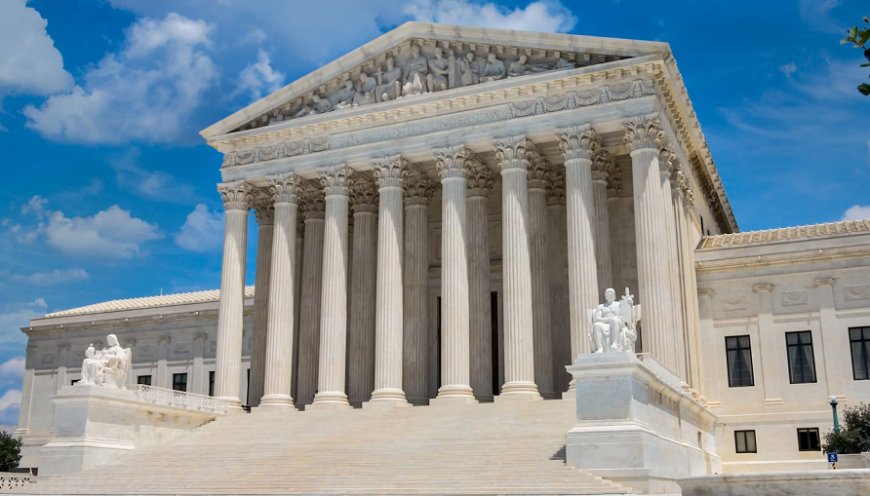
Lawrence Hurley.Lawrence Hurley
Lawrence Hurley is a senior Supreme Court reporter for NBC News.
Kathryn Tenbarge headshotKat Tenbarge
Kat Tenbarge is a tech and culture reporter for NBC News.
Daniel Barnes contribute,,
